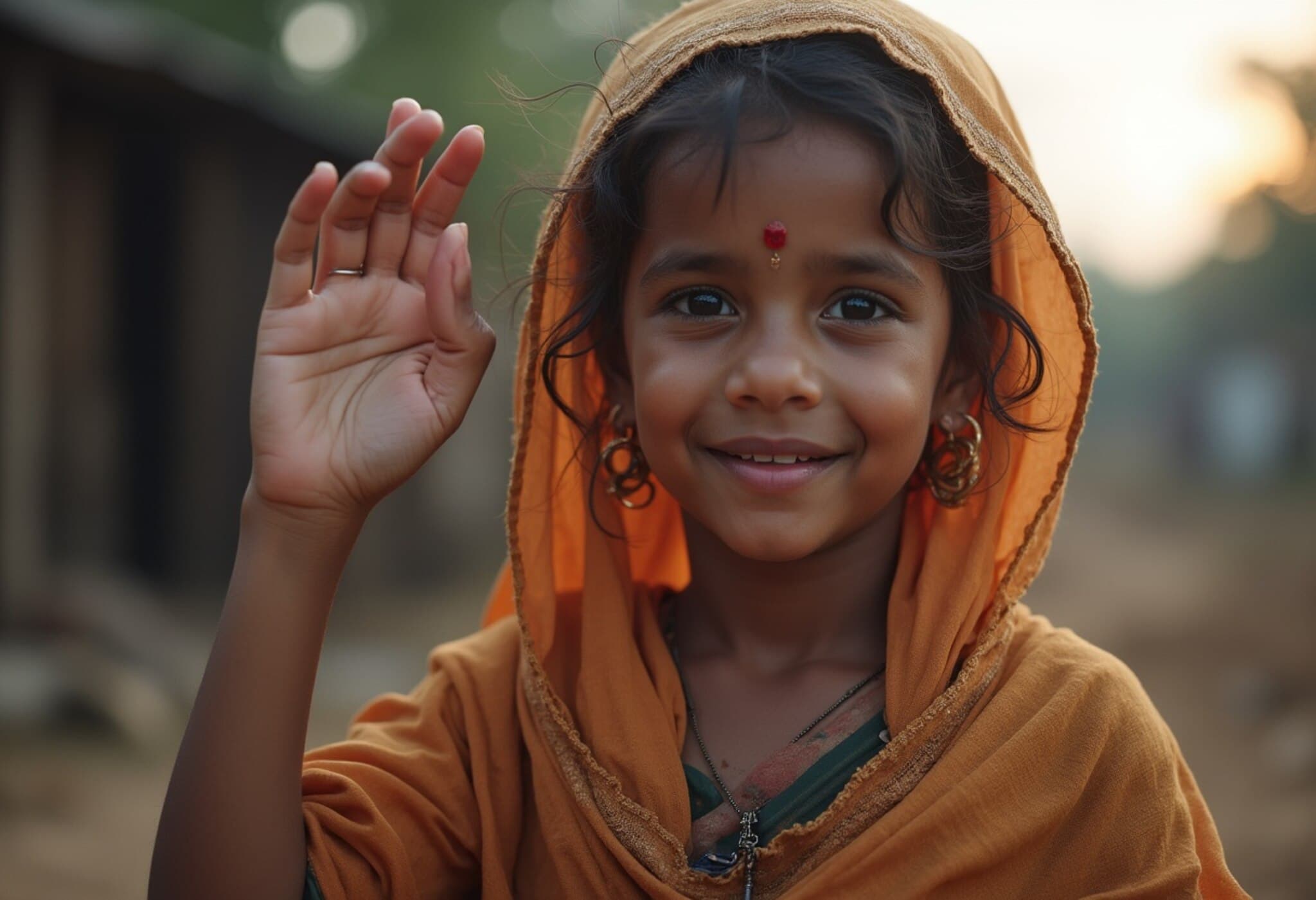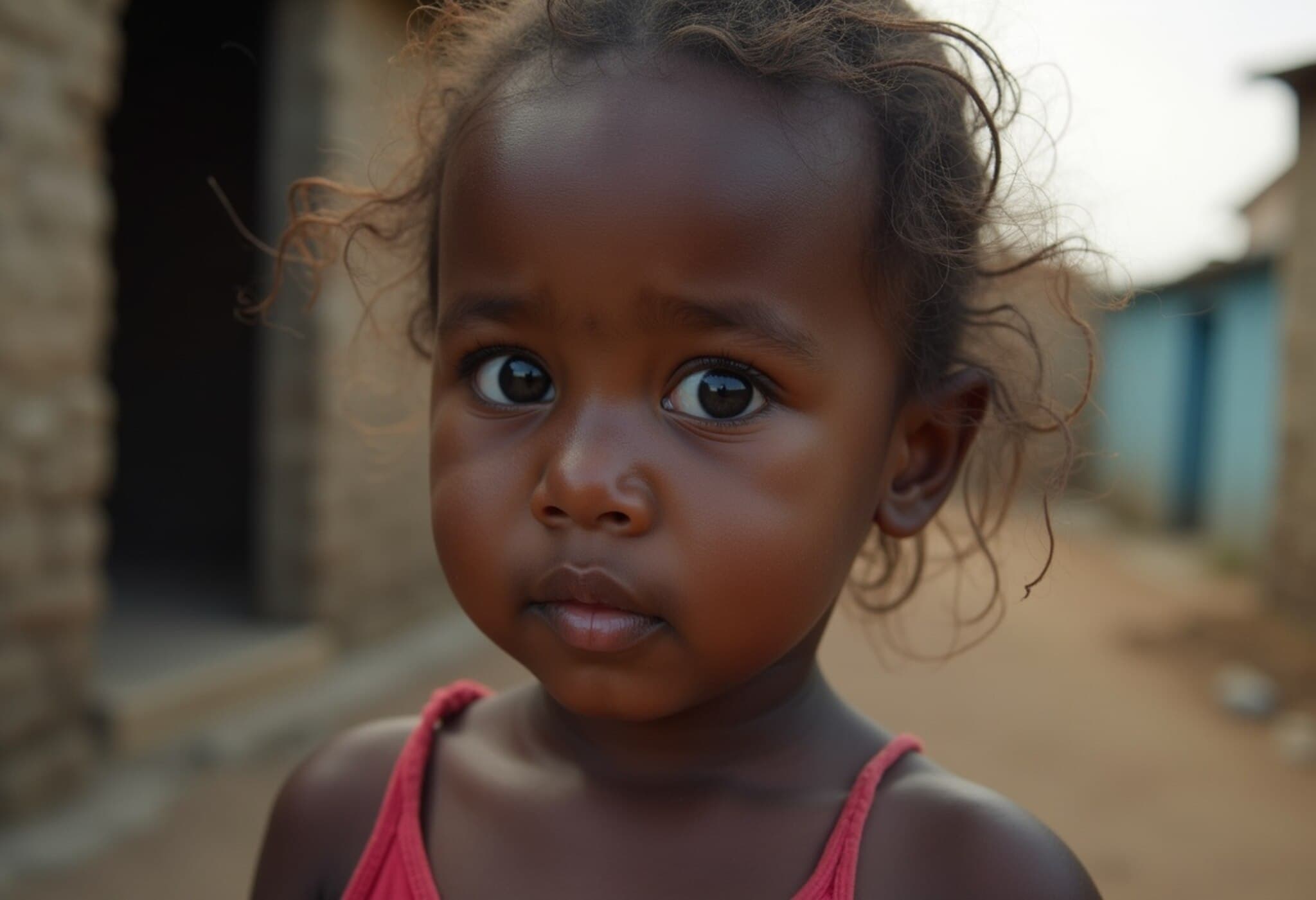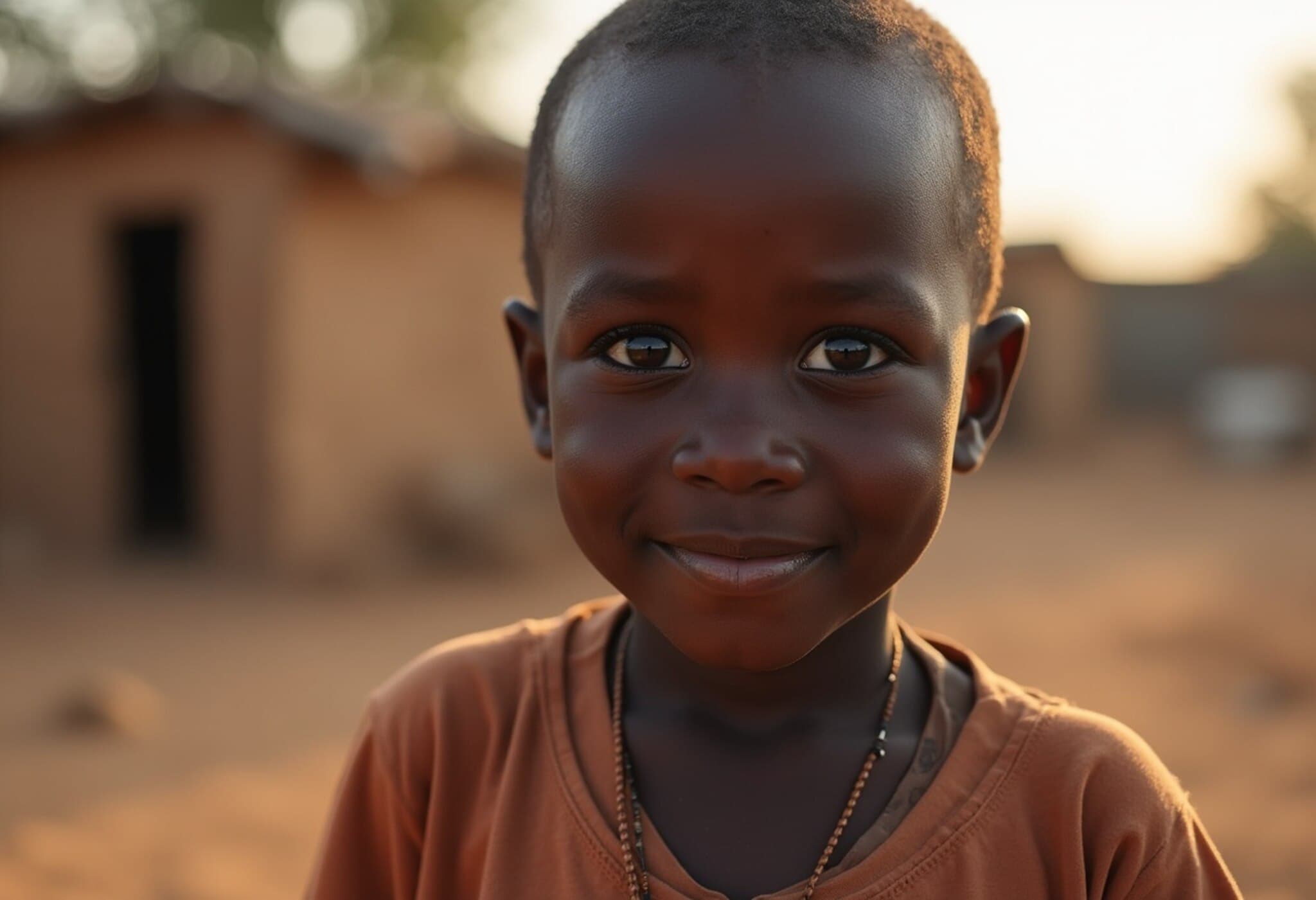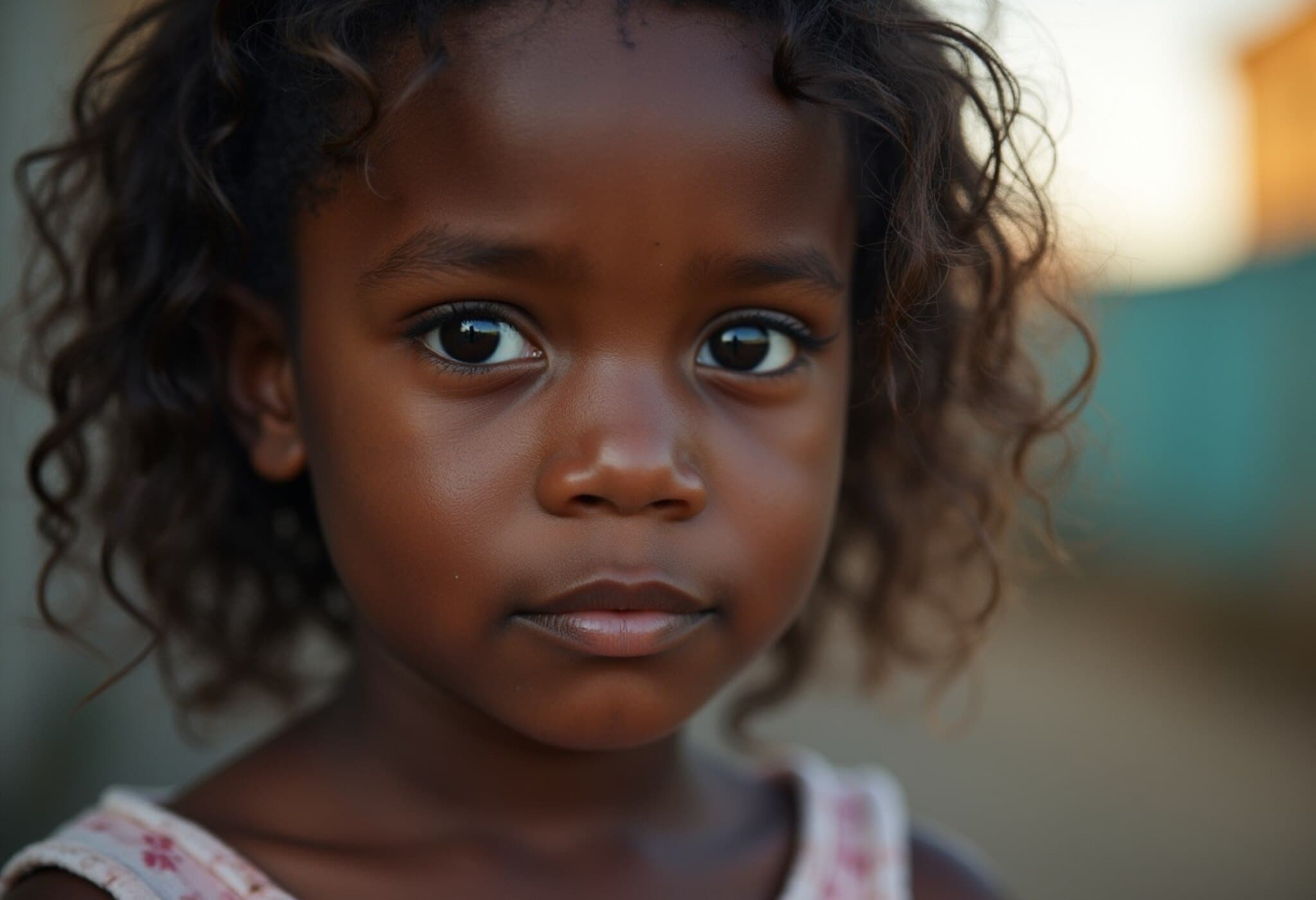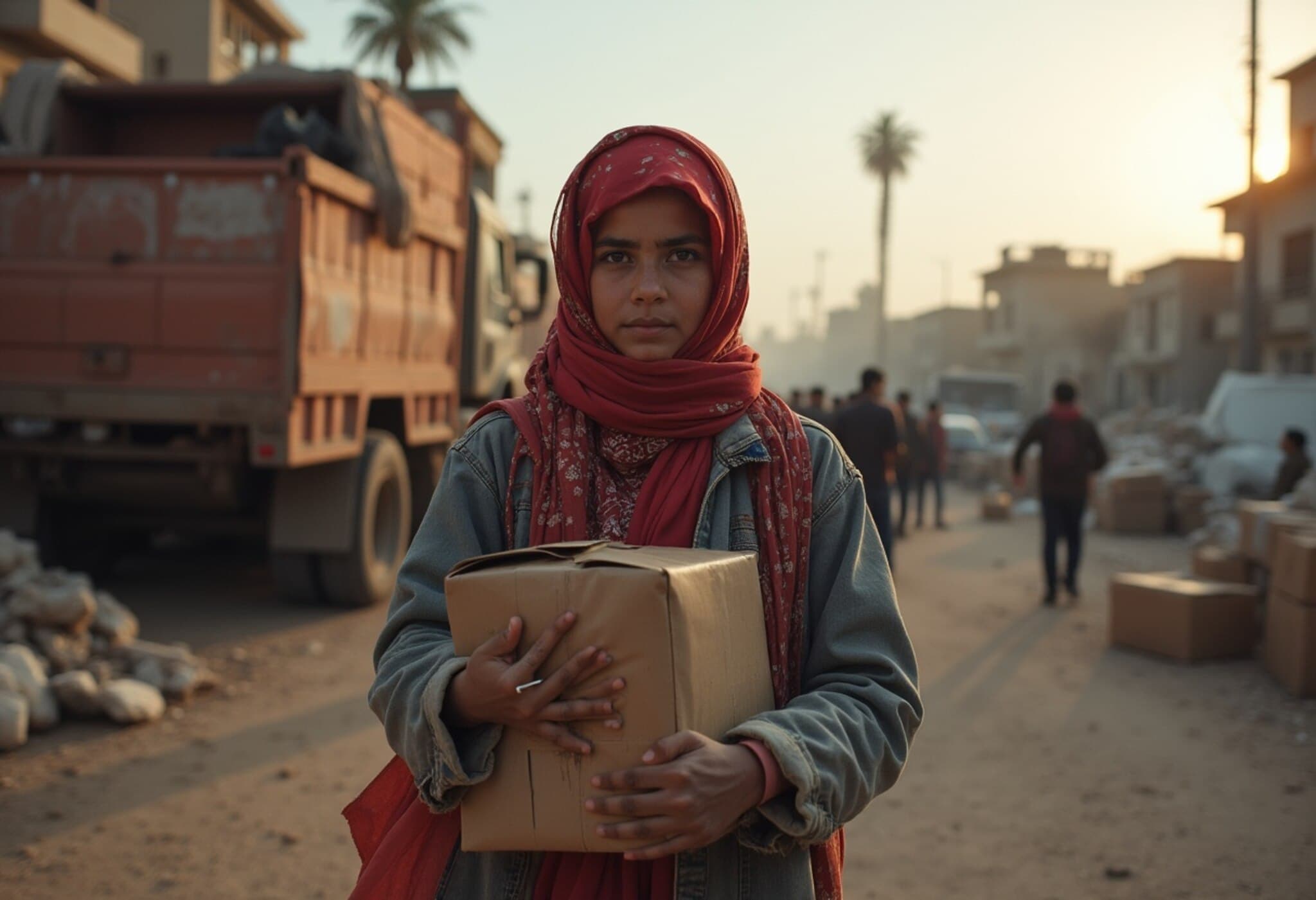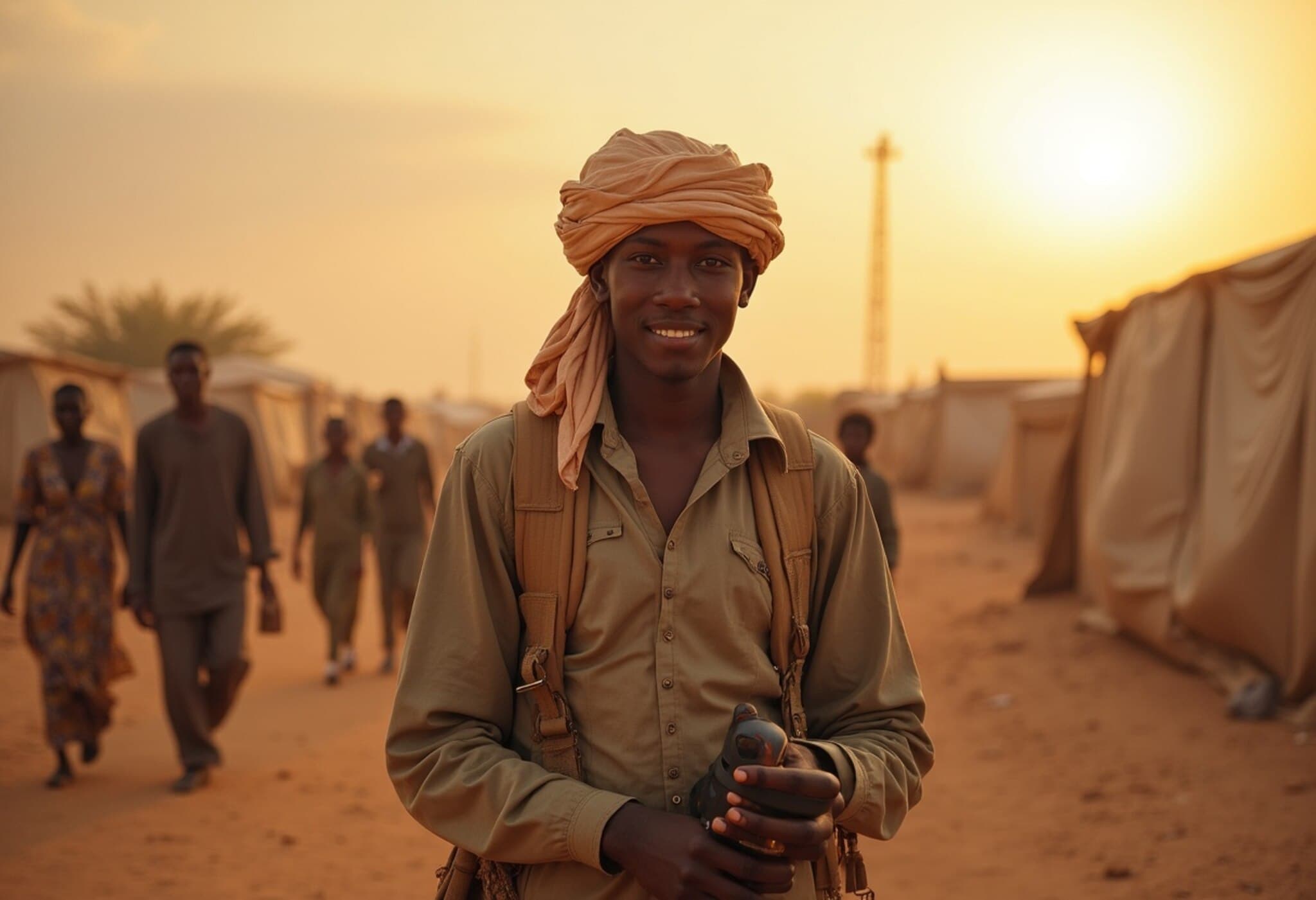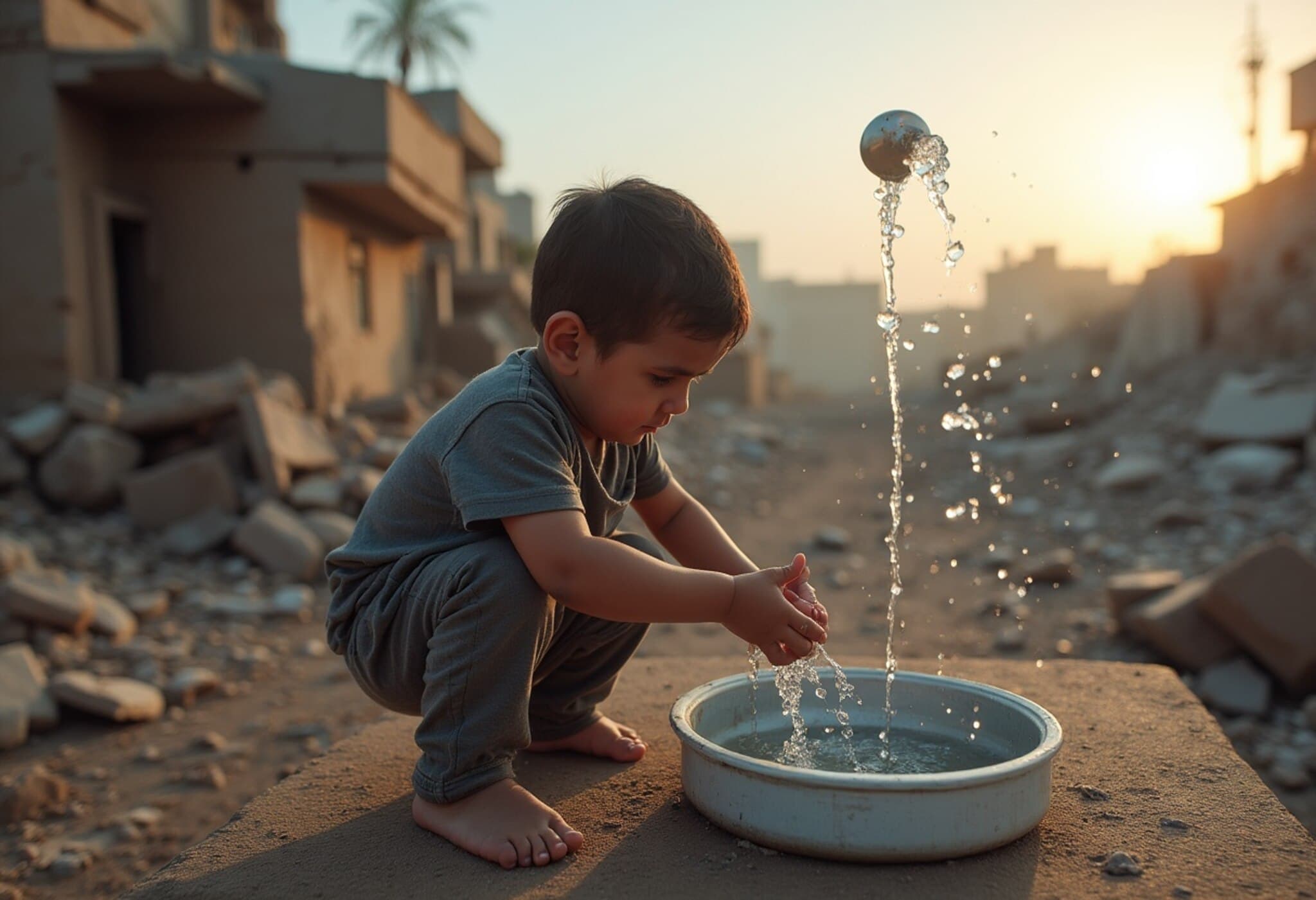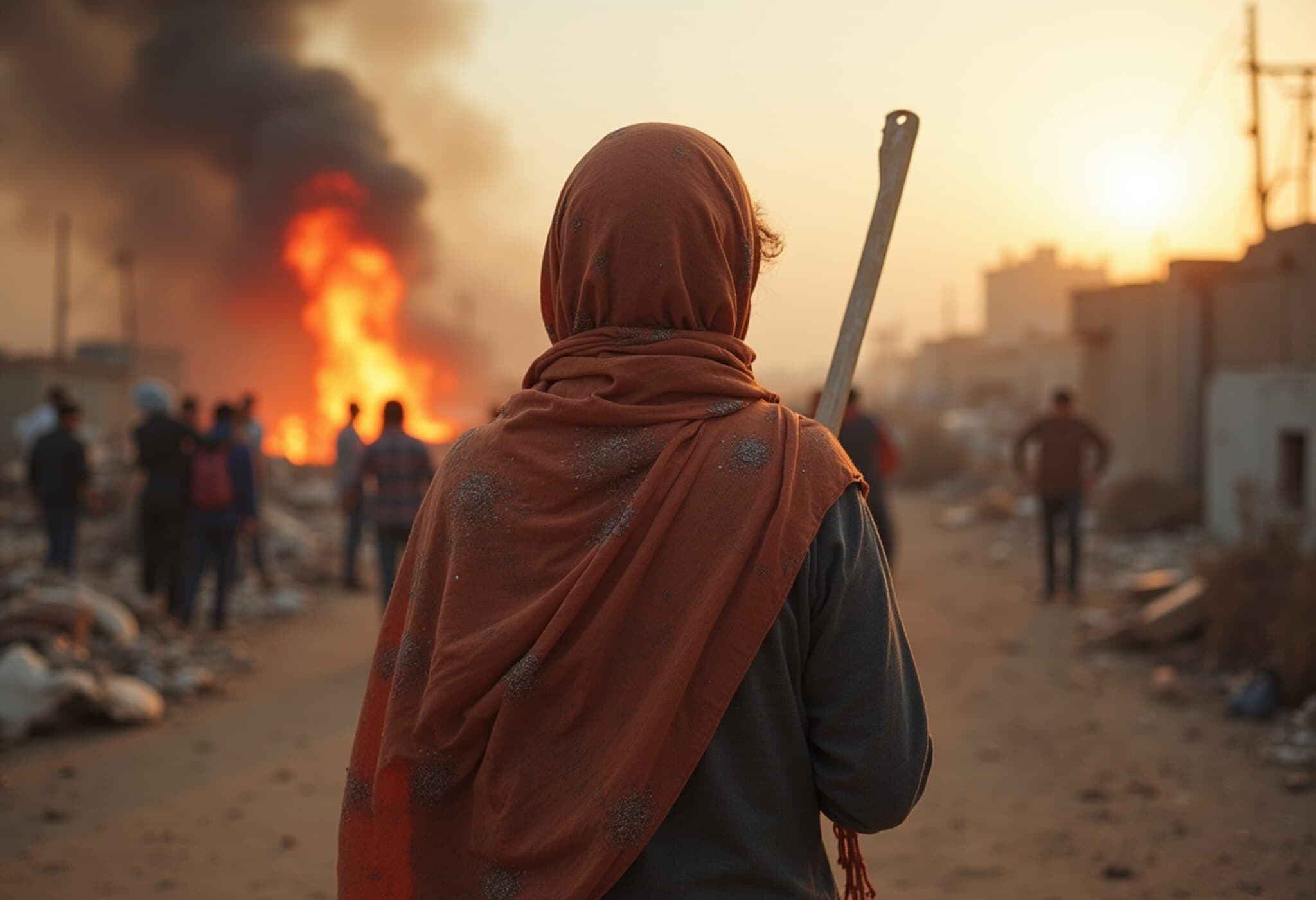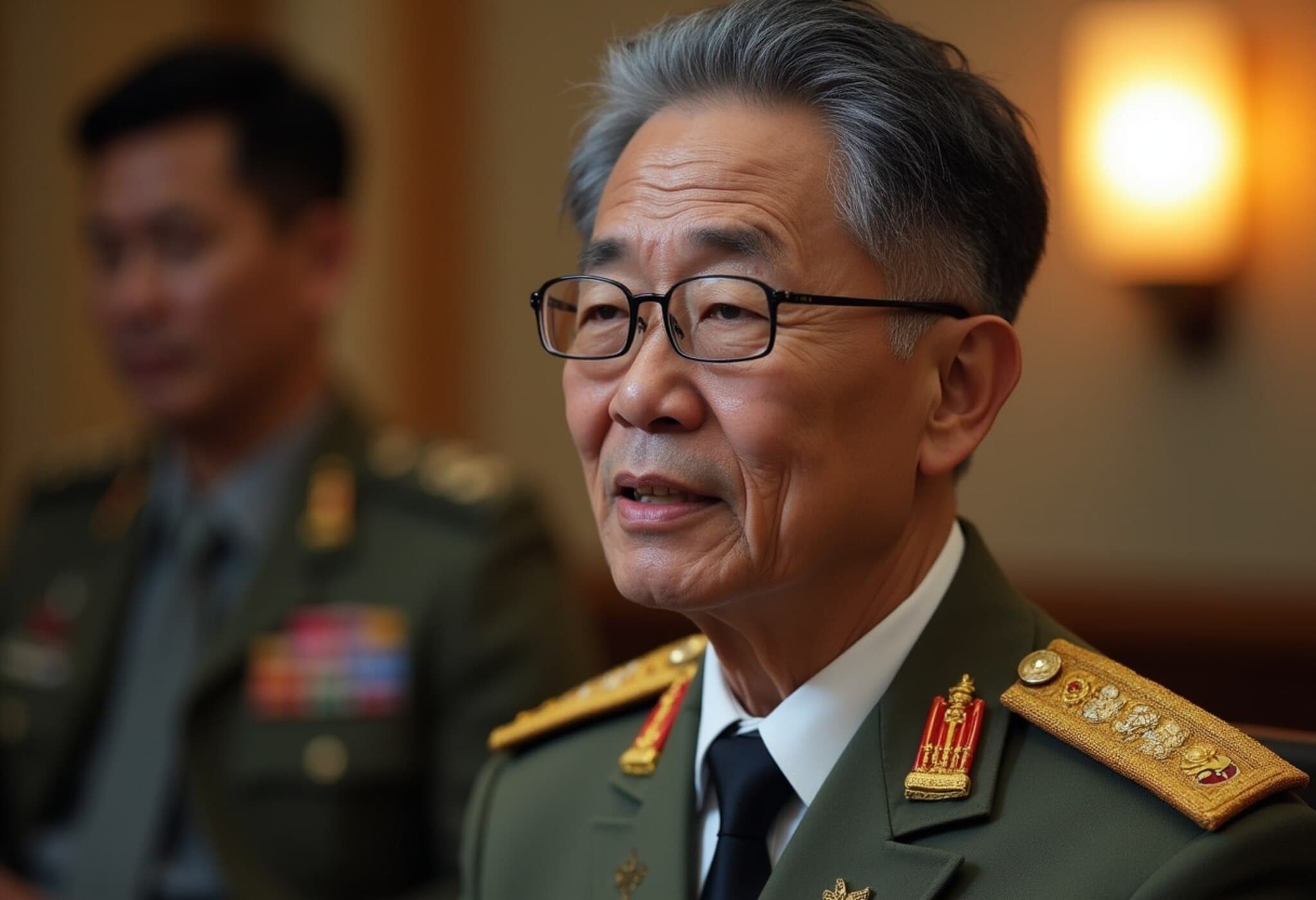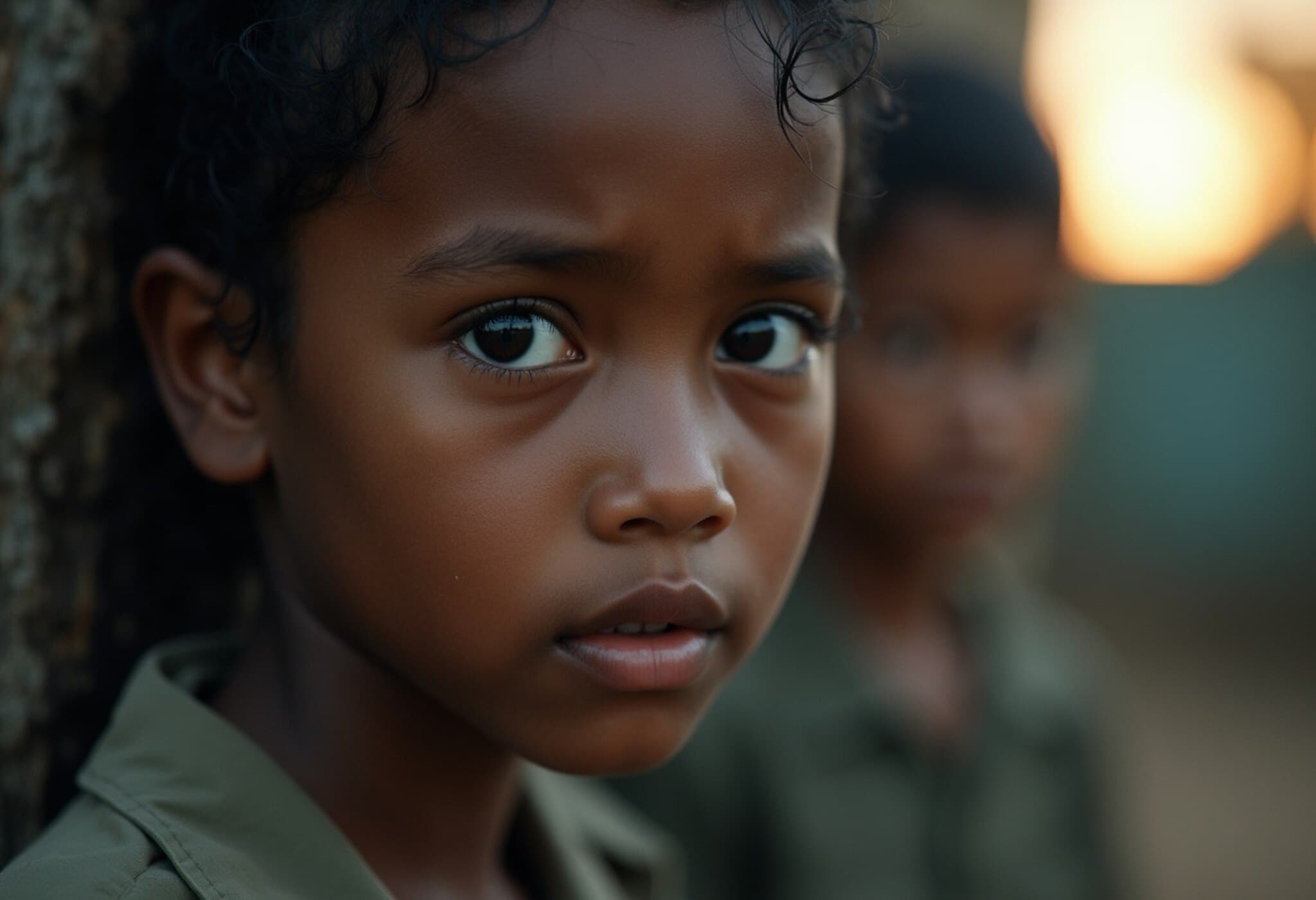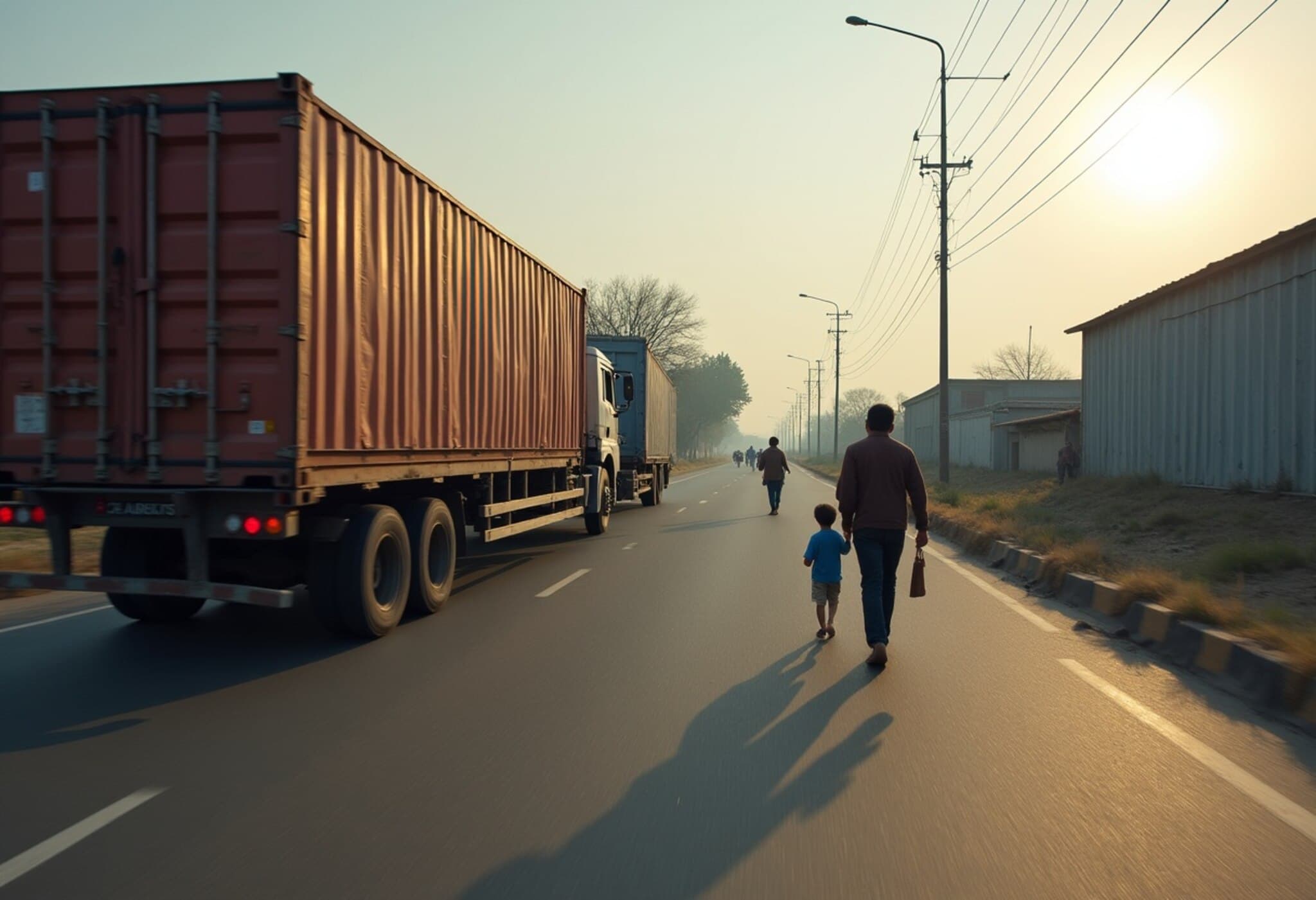Myanmar’s Rakhine State Faces Alarming Hunger Amid Conflict and Aid Reductions
A humanitarian crisis is unfolding in Myanmar’s Rakhine State as escalating civil conflict, combined with significant cuts in US foreign aid, has left more than half of the population struggling to meet their basic food needs. The United Nations World Food Programme (WFP) has issued urgent warnings about a "dramatic rise in hunger" in this already volatile region, where ongoing military blockades and reduced international funding threaten to push communities closer to disaster.
Conflict and Blockades Strangle Vital Livelihoods
Rakhine State, situated along Myanmar’s western border with Bangladesh, has long been embroiled in civil strife. The 2021 military coup that toppled the democratically elected government intensified hostilities. Since then, fierce clashes between the Myanmar military junta and local ethnic armed groups have devastated the coastal region's economy and infrastructure.
On-the-ground realities reflect a harsh lockdown: junta forces have imposed strict blockades on critical trade routes, effectively throttling the flow of essential goods, including food and farming supplies. This blockade has crippled agricultural production and commercial activities, deepening food insecurity for thousands.
US Aid Cuts Compound the Crisis
Adding to the perilous situation, the WFP was forced in April to scale back aid programs supporting one million people across Myanmar following substantial funding cuts from its largest donor, the United States. In 2024, the US contributed nearly 50% of the WFP’s $9.7 billion global aid budget, making its funding decisions pivotal to crisis response efforts.
President Donald Trump’s “America First” policy prompted a freeze and review of foreign aid projects early in 2025, significantly hampering the flow of humanitarian assistance to conflict-affected populations. This decision mirrors a wider international trend, with countries including the UK and Germany reallocating aid funds toward defense spending amid rising geopolitical tensions.
Rising Hunger Statistics Paint a Grim Picture
The WFP reports that in central Rakhine, 57% of families are now unable to secure sufficient food, marking a staggering 24% increase since December. Officials warn the situation in northern Rakhine is likely even more severe due to active fighting and restricted humanitarian access. Aid agencies and journalists face grave challenges reaching isolated communities, leaving widespread suffering underreported.
Expert Insight: A Crisis at a Crossroads
Michael Dunford, WFP’s Myanmar director, described the situation as “a deadly combination of conflict, blockades, and funding cuts,” which is pushing populations into a "vicious cycle" of deprivation. He emphasized that without immediate global intervention, the escalating hunger crisis may spiral into a full-scale humanitarian disaster.
From a policy perspective, the Rakhine crisis spotlights the stark consequences of narrowing aid budgets amid geopolitical shifts. Experts urge re-evaluation of foreign aid policies, stressing that cutting assistance in fragile states often exacerbates instability, jeopardizing long-term regional security and development.
What Lies Ahead?
- Urgent humanitarian access: Breaking military blockades to deliver food and medical supplies.
- Restoring aid funding: Key donor countries reconsidering budget priorities to prevent further deterioration.
- Conflict resolution efforts: Accelerating peace talks to end hostilities and create a sustainable path to recovery.
The unfolding tragedy in Myanmar’s Rakhine State serves as a sobering reminder of how intertwined conflict, geopolitics, and humanitarian aid truly are. It calls for a renewed commitment from the international community to uphold the dignity and survival of vulnerable populations caught in the crossfire.
Editor’s Note
This crisis reflects a larger global dilemma where geopolitical agendas and shifting aid priorities intersect with the lives of millions facing hunger and displacement. While the US and allied nations reconsider foreign spending, the most vulnerable communities bear the brunt. Readers are encouraged to ponder how international policy decisions resonate beyond borders, shaping human stories on the ground. Will the global community rise to meet this challenge before it’s too late?

